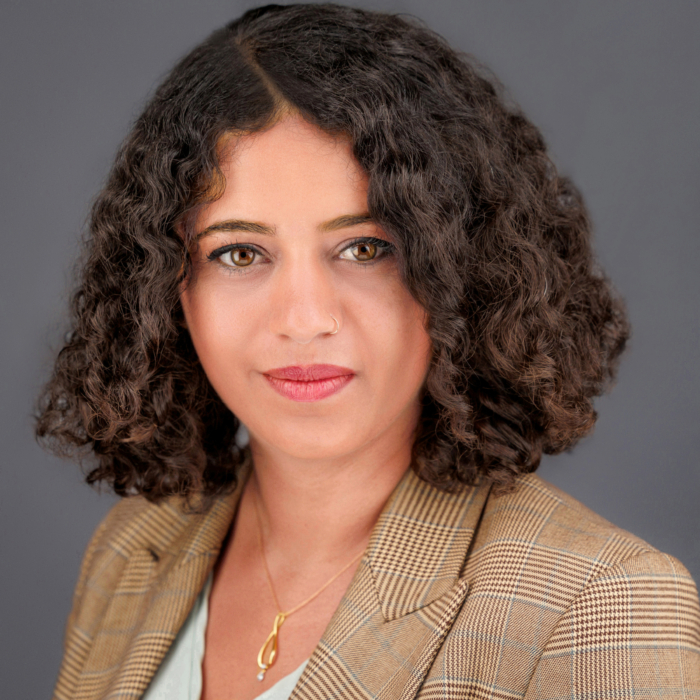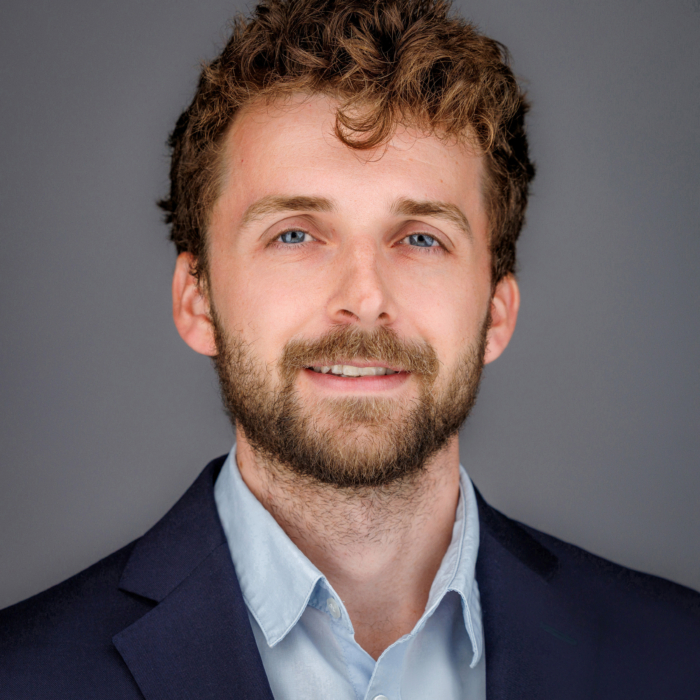

Our Vision
We envision a world where societies cooperate to harness technology for shared and lasting benefit.
We believe in the potential of human ingenuity and technology to create a future where everyone can thrive, but worry about large-scale harms if powerful technologies are not well governed. By enhancing international cooperation, we hope to contribute to sustained flourishing for generations to come.
Our Mission
SI’s mission is to support policymakers, diplomats, and technical experts in fostering international cooperation on governing transformative technologies.
We translate technical developments into actionable policy advice and facilitate dialogue among diverse actors, working to ensure emerging technologies, particularly frontier artificial intelligence (AI), are developed and deployed responsibly.
Our Story
Our co-founders Max and Konrad launched SI in 2021 to strengthen the capacity of the multilateral system to mitigate global catastrophic risks, especially those from emerging technologies. In our first years, we contributed to key intergovernmental processes for reducing global risks, recommended the representation of future generations in multilateral agendas, and delivered UN reports on existential risks from rapid technological change and large-scale hazards.
In 2023, we narrowed our focus to AI governance, recognizing AI as one of the most consequential technologies of our time. Since then, we’ve conducted dozens of briefings on AI for diplomats across Geneva and New York, published extensively on international AI governance, and advised hundreds of diplomats negotiating landmark multilateral agreements.

Our TEAM
Transparency
Governance
SI is a registered Swiss non-profit, operating independently and without affiliation to any political parties. You can view our board of trustees and governance structure here.
Reporting
Our funding comes from various private and philanthropic donors, all of whom respect our independence in resource allocation. You can see our activity and financial reports below, and our lifetime fundraising information here.
2021-2022 Activity Report and 2021-2022 Financial Report 2023 Activity Report and 2023 Financial Report 2024 Activity Report and 2024 Financial Report









